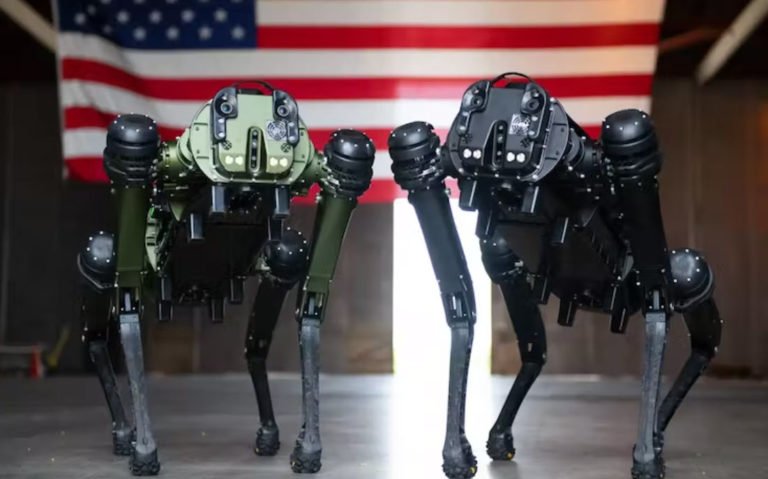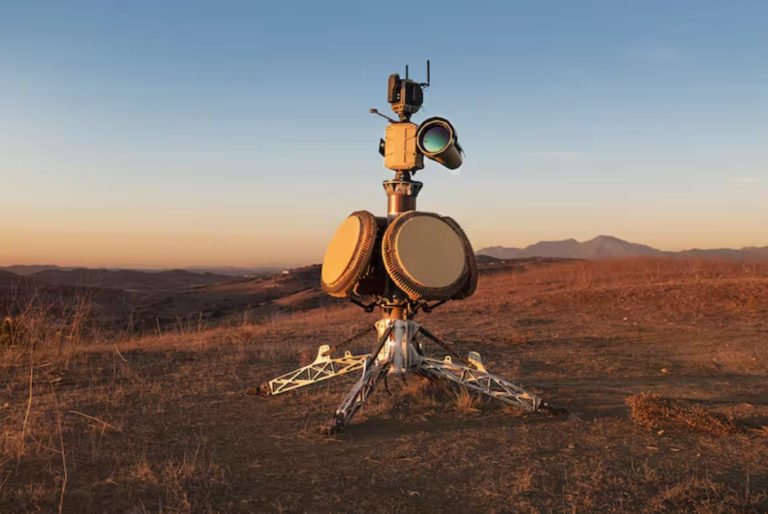The U.S. Military’s Autonomous War Robots: A Glimpse Into the Future of Warfare
The U.S. military is accelerating its plans to deploy thousands of autonomous war robots within the next two years. These robots, ranging from land-based units to aerial drones, are designed to enhance combat efficiency and minimize human risk. The initiative is part of a broader strategy to maintain military superiority by integrating AI-powered systems capable of independent decision-making during operations.
This development has raised concerns about ethical implications, as autonomous weapons challenge existing norms around accountability and the laws of war. Critics argue that giving machines the ability to make lethal decisions poses significant risks, especially if the technology falls into the wrong hands. However, proponents believe that these systems will provide a tactical advantage by reducing human casualties and improving precision in warfare.
Potential Risks and Benefits of Autonomous Military Robots
- Operational Efficiency: These robots can enhance combat operations by executing complex tasks faster than humans.
- Ethical Concerns: Autonomous systems raise questions about accountability and decision-making in warfare.
- Technological Challenges: Ensuring the safety and reliability of AI-driven systems is a significant concern.
As the military moves forward with these plans, the global community continues to debate the potential consequences of widespread use of autonomous weapons in warfare.
For more detailed insights, read the original analysis on The Conversation.







